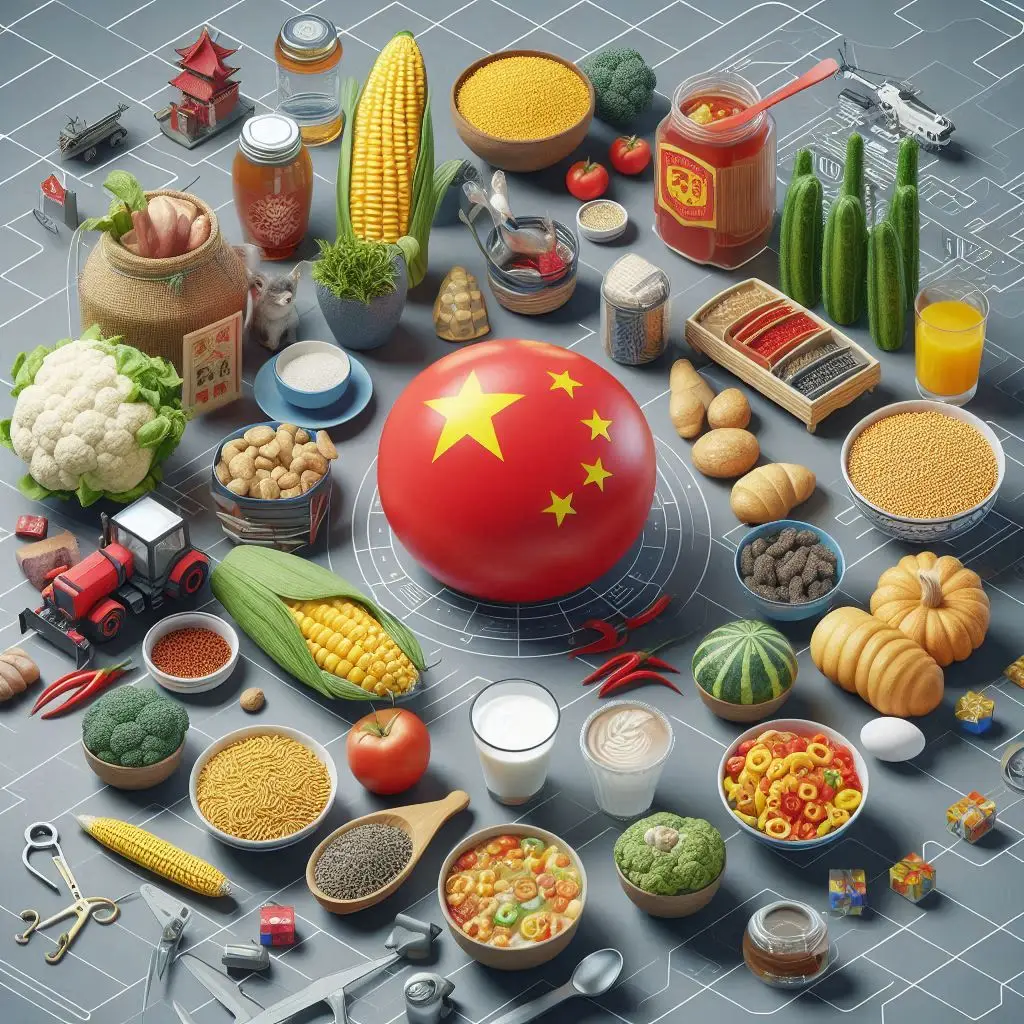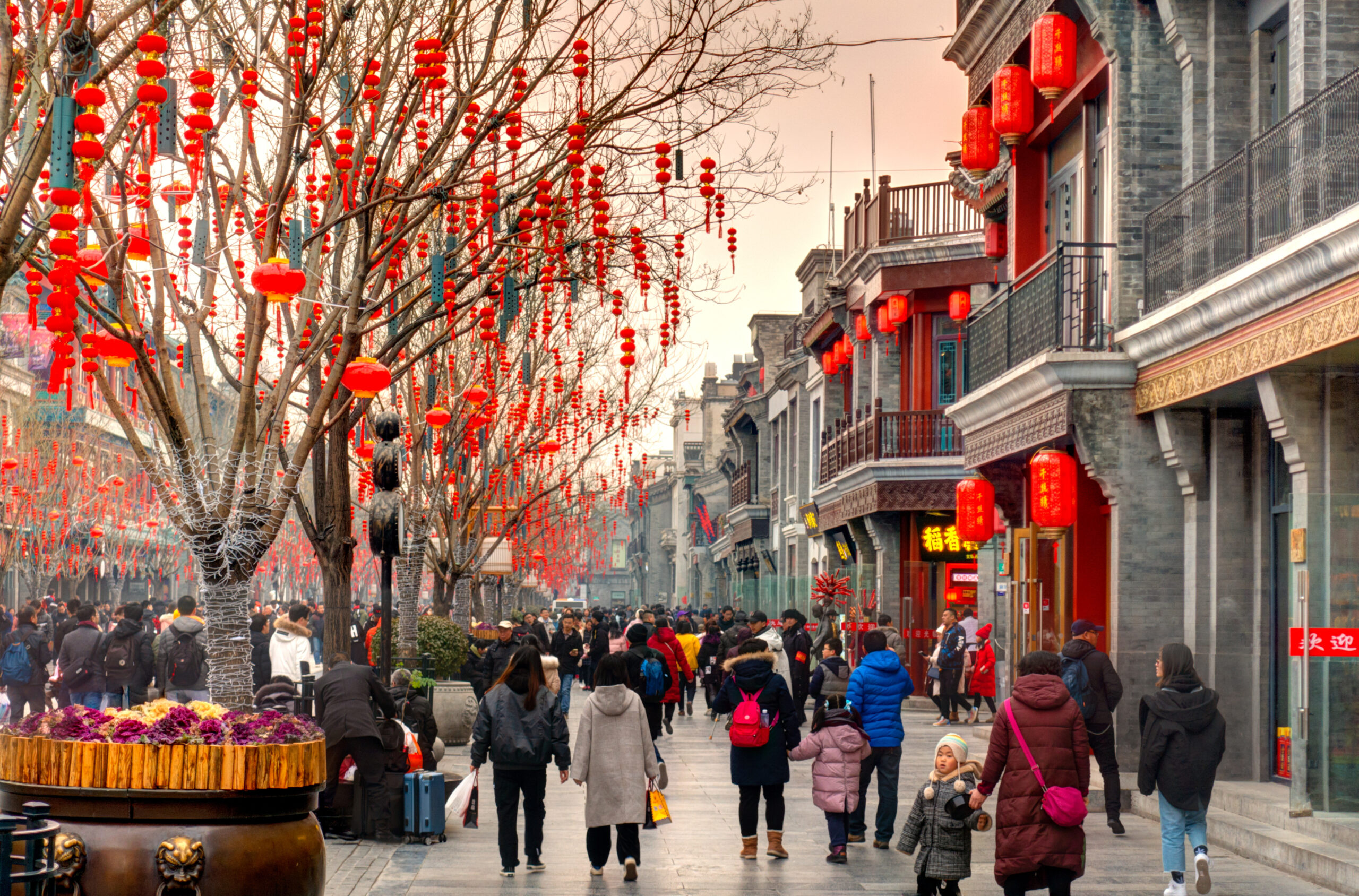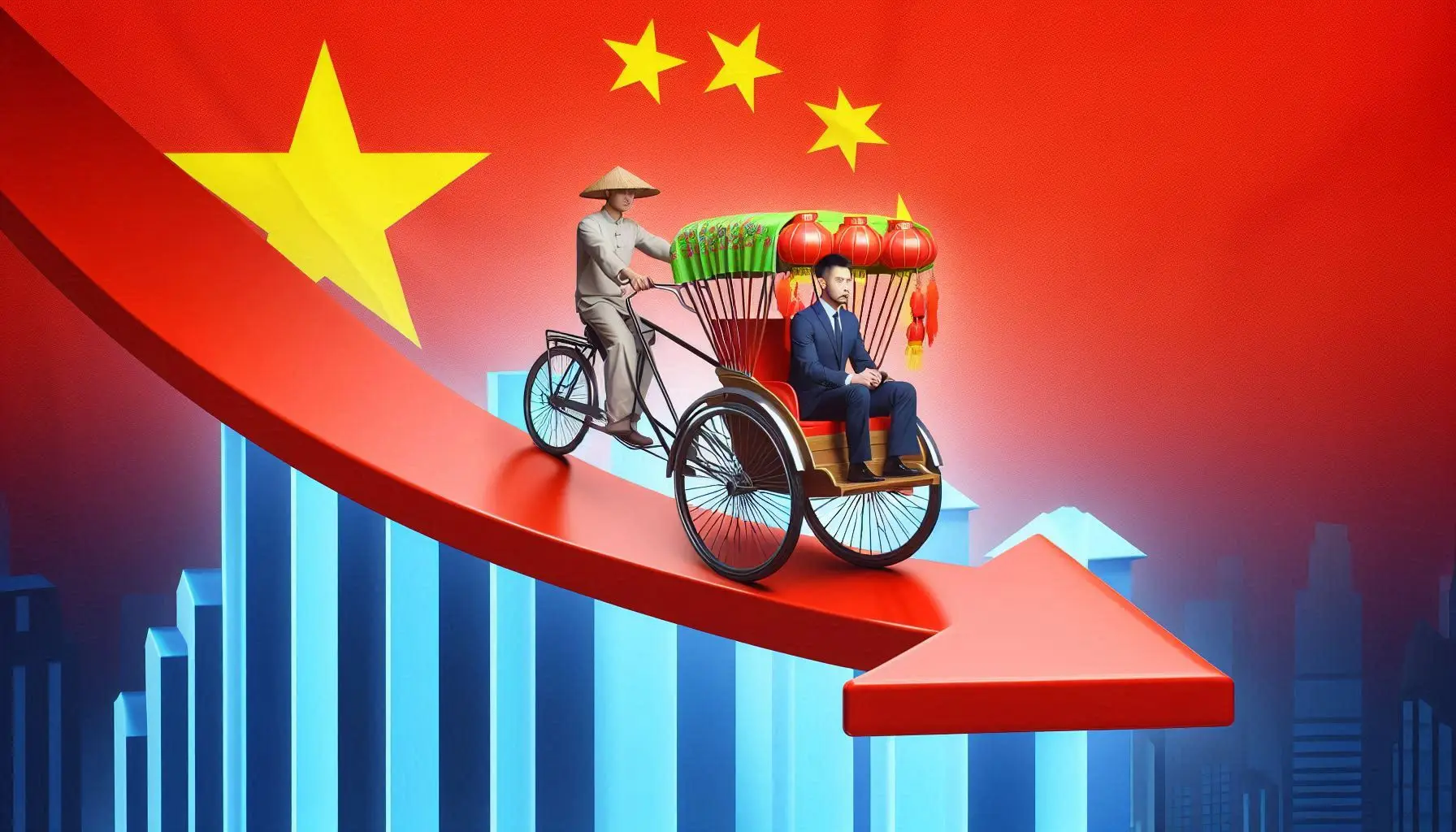Food Security in China, Opportunities or Challenges for the Western Companies
The demand of more innovative food offers and higher safety standard by the Chinese consumers and lack of sufficient government supervision created opportunities for the Western companies in China. To grab the opportunities though, the companies must be well prepared.
When surveyed about what is the top concern of the Chinese people in their everyday life, food security is the most prominent answer besides air quality. This is not new to both Chinese and international community, but issue that has lasted for decades. Chinese government put quite some efforts to combat the problems, and we see some improvement on the air quality in the major Chinese cities. However, the food security issue is always the hanging sword, and this is not only within China. From time to time there are also reports on Chinese food product quality problem overseas, though the normal Chinese believe that China exports the best quality food to foreign countries. In the city where I live, we just experienced a product recall of pepper seeds originated from Sichuan, China, reason being a pesticide contamination.
When glimpsing through the food security discussions in China, we seem to see two different directions: from its population’s perspective, food security means more the food quality – whether they can trust the food on their dining tables to be clean and non-contaminated. From the government’s perspective, it means more the basic needs – enough and steady grain production to feed the more than 1.4 billion population, stable price for urban dwellers and high motivation for farmers to grow grains and the rural area stability and development. These two divergent views lead to different perceptions of the food security situation in China:
For the Chinese people food is a super important factor in their life, not only in the sense of providing nutrition to maintain the body functions, but also enjoyment and highlight in the spare time because of the lack of leisure options. Most of the Chinese gather either at home or in restaurants on the weekend with family members or friends, also for important holiday and occasions, such as the Chinese New Year. While enjoying the taste, they hold pessimistic views that the more a person eats, the higher chance the poisonous stuff goes into the body. There is prevalent mistrust of the untransparent food processing and handling measures. It is even difficult to trace the source of production of those living supplies labeled as organic such as vegetables.
For the Chinese government the food security is largely under control. There are even years when the grain supply exceeded the government storage capacity. Therefore, even though the importance of the food industry is beyond words, the focus and investment of the Chinese government in recent years leaned increasingly to the high-tech industries and innovations. According to a report released by the National Bureau of Statistics of China in July, in the first half of 2024, the investment in high-tech industries (manufacturing and services) grew by 10.6 percent year on year. The research and production of the high-tech industries are highly concentrated on cars, smart phones, aerospace vehicles and equipment, computers and office devices, chips and solar panels.
Given the insufficient government supervision and the mismatch of the expectations, the current food supply situation in China naturally posts both opportunities and challenges for Western companies which either already have operations in China or export to China. Reflecting the trend, below are a few top-of-the-mind suggestions for Western companies when considering their China strategy:
- Western brands need to distinguish themselves and maintain the same quality standard in China as in their home market
China is notably no longer an immature market. Each foreign brand or company in China faces fierce competition from the local players. With the headquarters in China which guarantees the fast speed, the local brands appear to be nimbler and more adaptive. However, there are also phenomena that some Chinese brands were all of the sudden very popular, such as some fast-food brands, and opened many franchises in China, but then quickly disappeared when the brands and services were no longer trendy. The low margin and high-volume sales strategy of most Chinese companies also don’t always function. The young generation of Chinese consumers, especially those in the top and first-tier cities of China are more assertive and they see their consumption as a reflection of their personal tastes. The foreign brands offer a more upmarket option and a sense of reliability. Even nowadays some Chinese travelers abroad often still have a long shopping list of goods including baby formula, vitamin products and snacks for example chocolate, etc. for themselves or families, because they see those foreign food products as safer and of a higher quality.
However, the Western companies need to be innovative in this competitive market. It’s always said that when the Western brands come to China, they are no longer the same brand as in their home countries. When positively interpreted, it showcases the strategy and willingness to localize and innovate too. Some Chinese consumers prefer KFC over McDonald’s, simply because it tries to enrich its offering with some local dishes, for example the Portuguese style egg tarts or the “Old Beijing” chicken rolls.
When China first opened up in 1980s, people were attracted by foreign brands (again, the international fast-food companies are good examples) only because they wanted to experience a little foreign atmosphere in China. Now they tend to be pickier. Safety, consumer satisfaction and diversity are top of their mind. Many Chinese consumers in large cities are not so price sensitive but are more health conscious. They are keener to explore some novel offers. With the middle class rising, it will help the brand image and consumer stickiness, if foreign companies are perceived as innovative and modern.
- Western brands should closely monitor their supply chain in China
Although there are so many food scandals implicating Chinese brands, Chinese consumers seem to have a longer memory if the same happens to a Western brand. This may be partially due to the national pride. Equally relatable is they tend to see this as cheating if a Western brand is exposed to adopt double quality standards in its home market versus in China.
Many consumers in China still have the lingering memory about a food scandal in 2014 that a meat supplier to KFC and McDonald’s in China was accused of supplying expired meat to the fast-food giants. This crisis hit both brands as their China business developed at a fast speed at that time. This scandal showed how important to manage well the whole supply chain. After this scandal it took very long for the brands to regain trust of the Chinese consumers even though they were also the victims.
Now the foreign companies in China are put under closer scrutiny, maybe to the historical level due to the geopolitics. If similar crisis happens again, the time for crisis management and the reputation rebuilding will take even longer. It may also have the negative impact to their home market, since the supply chain management of multinational companies in China is always a highly debatable topic.
- Western companies should have a China-specific communication manual at hand. The first step is to map out the important Chinese governing bodies
Of course, if a company has done something wrong, they should be held accountable. But for any company operating outside of their home market, they might be singled out as an easy target. Being well-prepared can help the Western companies to avoid the last-minute panic and being dragged into disastrous circumstances.
Multinational companies normally have a general global communication guideline to ensure the consistent external communications. This can serve as a good basis to develop the China-specific guideline to handle local issues such as production facility mismanagement and food poisoning, etc. Communicators must bear in mind that issues especially when they turn into crisis must be handled with proper cultural sensitivity and the local stakeholders should be given thorough considerations. Having an approved local communication playbook which clearly outlines procedures and responsibilities will enable the companies in question to react in an efficient manner instead of dawdling the precious crisis response time waiting for the headquarters to wake up.
The first step can start with mapping out the relevant Chinese governing bodies. In the food security case, one of the most important central government agencies is the State Administration for Market Regulation (SAMR), which is responsible for setting the market standard, drafting the national food security strategy and handling the enterprise business registration. China is said to have one of the most comprehensive food regulations and laws. The lack of effective supervision and implementation is the reason of the super low confidence in food security, the contrast between macro policies and local implementation. To have a clear understanding of the timelines and priorities, companies should also initiate contact with the local governing bodies depending on where they are based, for example, the provincial or municipal level of SAMR. There are some other semi-governmental bodies including industry associations, such as China Meat Association. They also run government-championed initiatives and companies should stay in regular contact with them.
Do you have interesting ideas to share or wish to have in-depth discussions on the topic? Please feel free to get in contact with me and let’s discuss!







